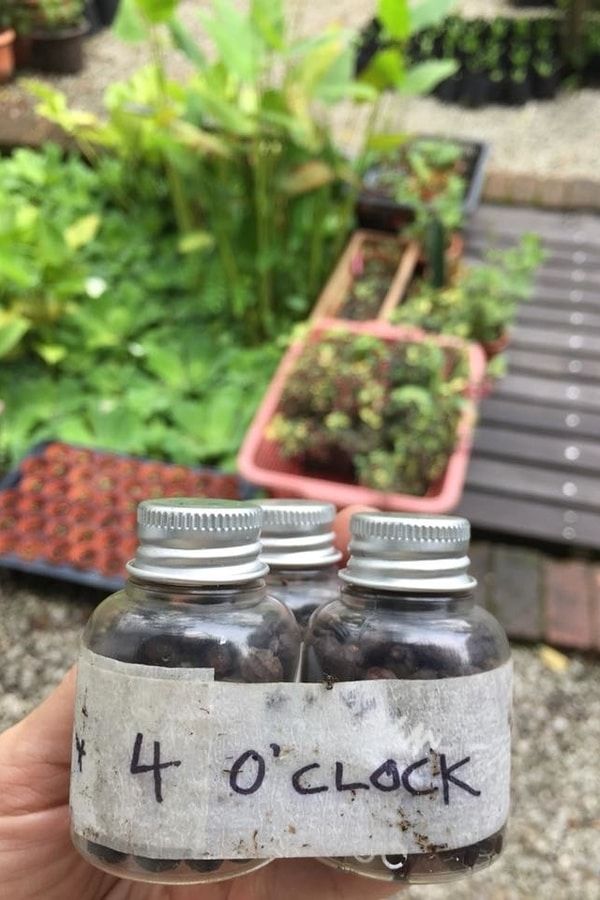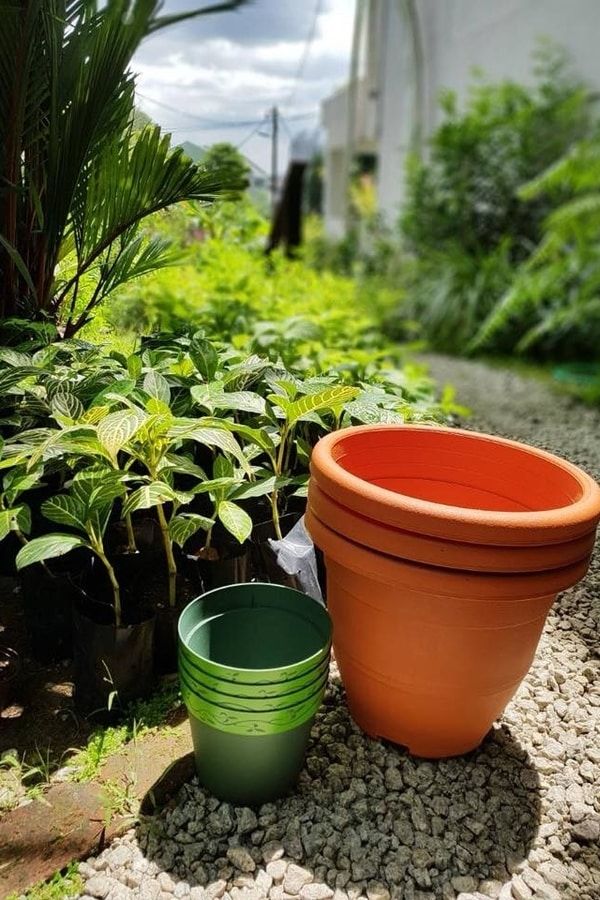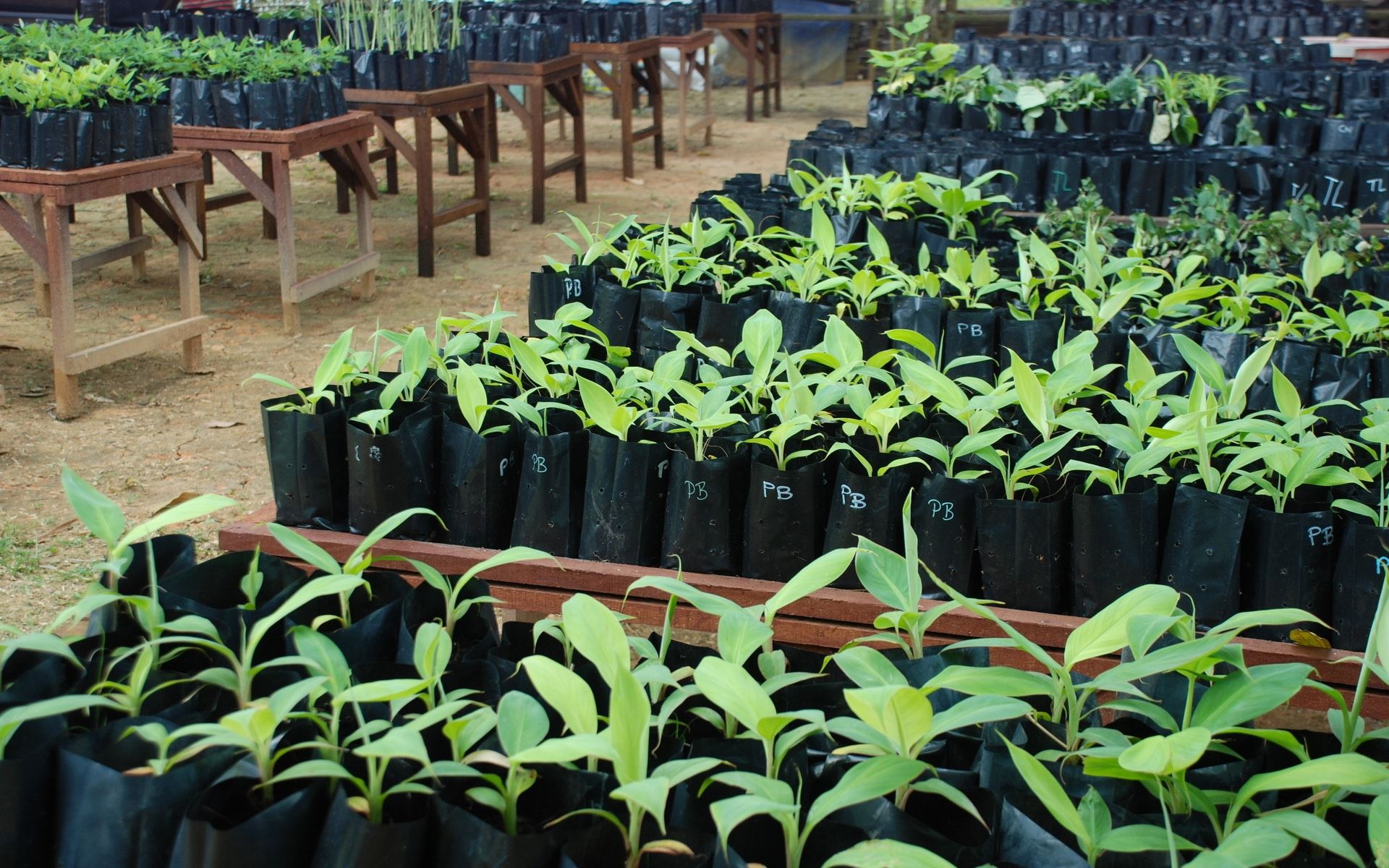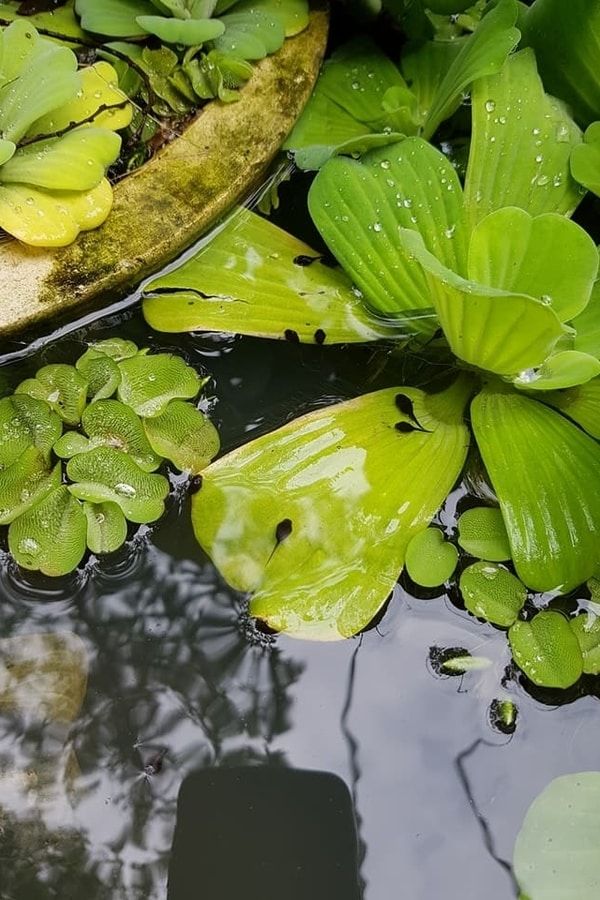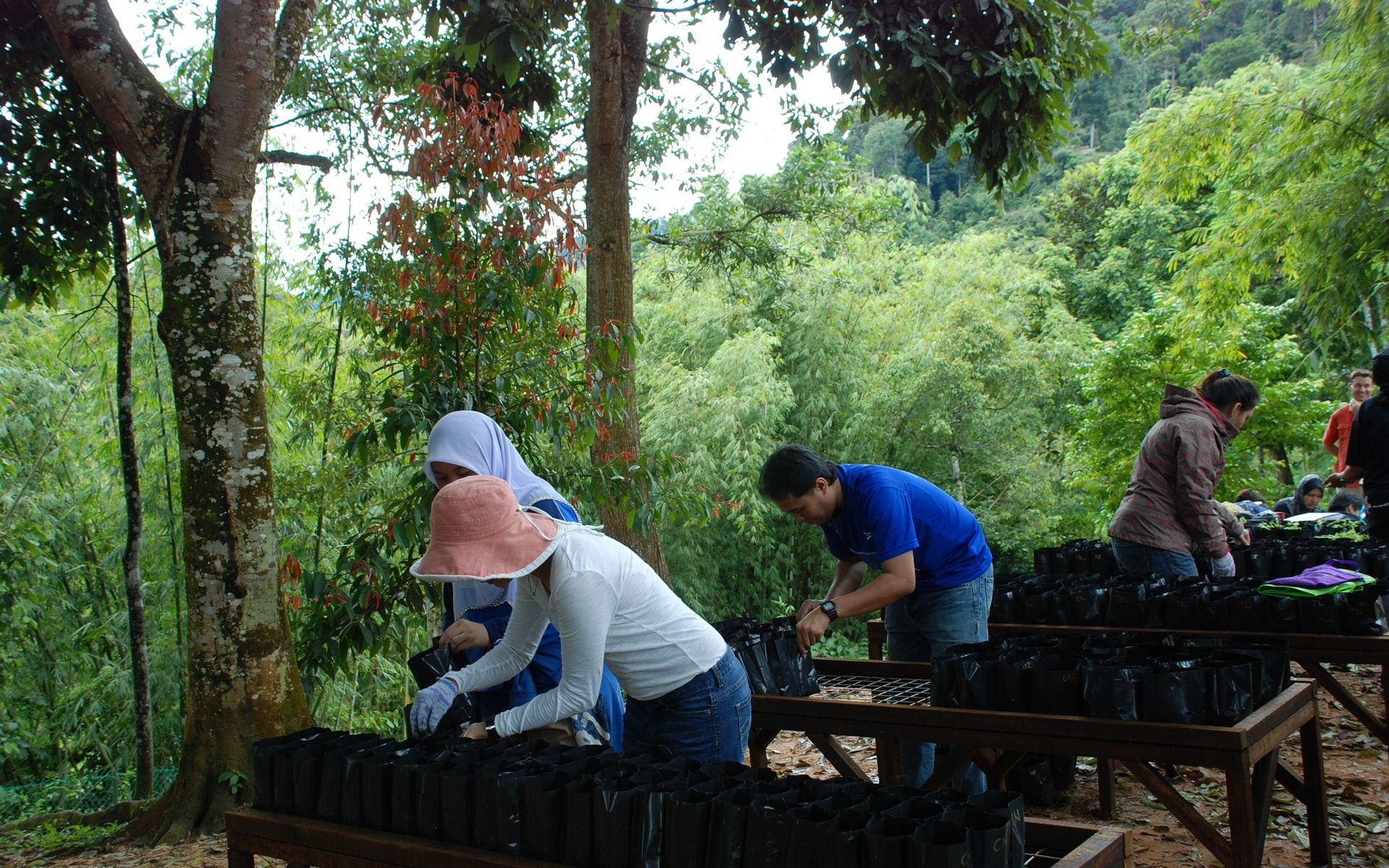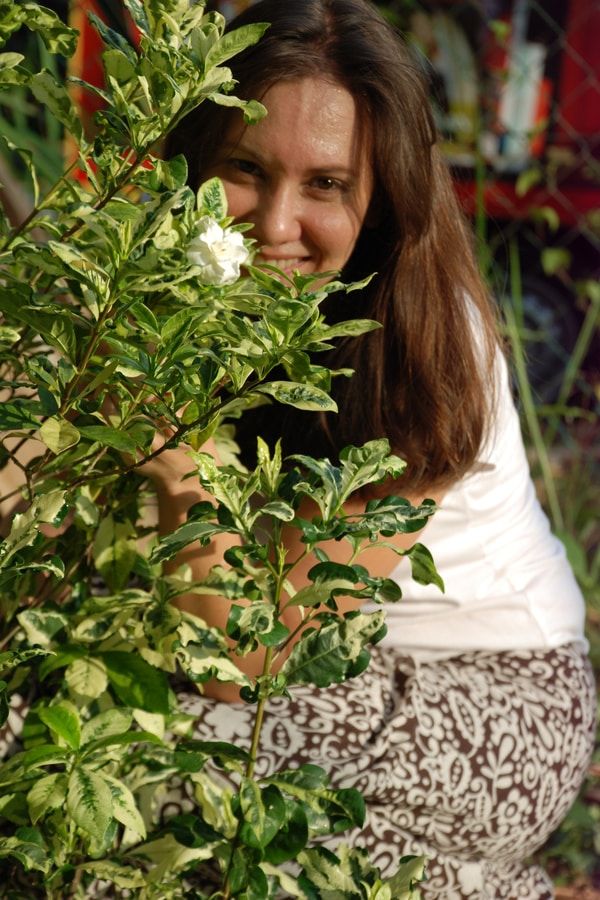1. Good soil, great garden
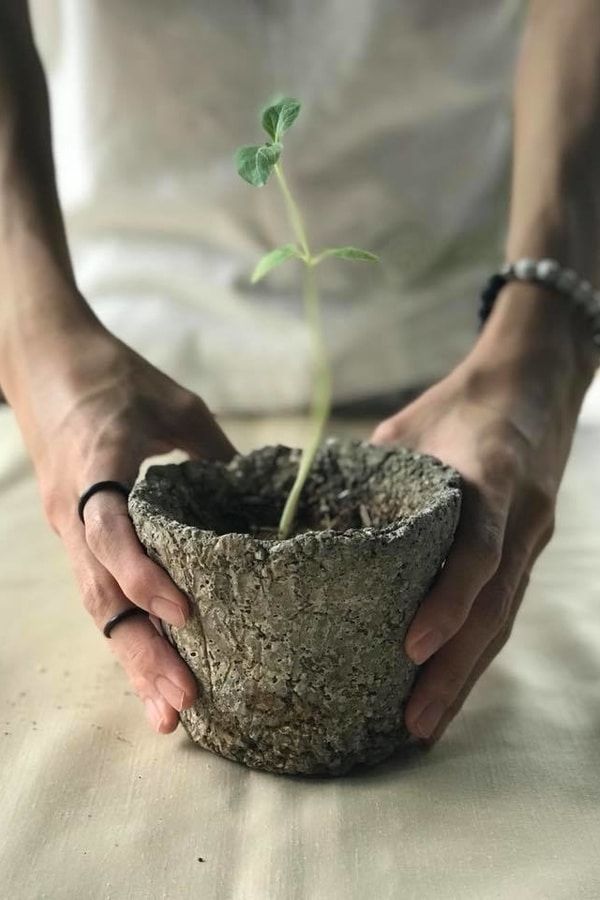
Good soil is the secret to any healthy, thriving garden. Baida has this advice for first-time gardeners:
“Take the time to improve your soil with compost, minerals, and worms. When plants are getting the right nutrients, they don’t just grow well, they actually repel pests and diseases.”
She recommends learning all the basics about soil from gardening videos online before following it up with learning about planting skills.
Read also: What Dr Renard Siew is doing to ensure water security for Malaysia's future
2. Plant what you love
